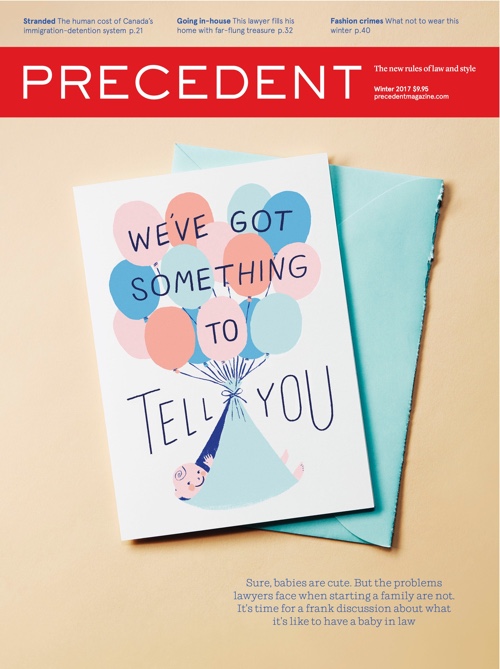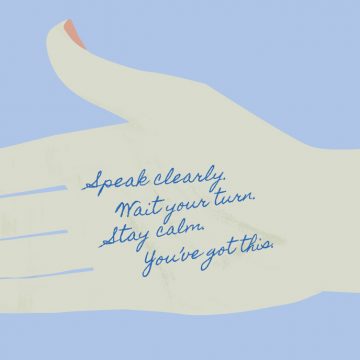Here’s one way lawyers can reduce what their clients have to pay: stop doing so much work. Not by cutting corners or churning out lousy work, but by teaching clients how to represent themselves.
This is the basic idea behind legal coaching, a practice that has the power to crack the legal marketplace wide open. There are thousands of Canadians who can’t afford a full-service lawyer, but have some cash. If lawyers could offer them a couple hours of coaching, that would create an all-new revenue stream.
So why hasn’t coaching caught fire? Because those most likely to take it up — junior lawyers with nascent practices — don’t know what it takes to be a legal coach.
To overcome this barrier, the faculty of law at the University of Windsor launched, this past fall, a new course on legal coaching in family law. “We chose family law for a reason,” says Georgette Makhoul, a sixth-year family lawyer who taught the course. “There’s a huge demand in the area.” The numbers make that plain: across the country, 64 percent of family-law litigants can’t afford a lawyer, even though close to half of them earn $50,000 or more a year.
In recent years, Makhoul has incorporated coaching into her own practice. For instance, if someone has an upcoming custody motion, but can’t afford to hire a lawyer, Makhoul can help that person to handle it alone. In a two-hour meeting, Makhoul can help a client craft a winning argument and deliver a primer on courtroom etiquette.
Makhoul wants to teach her students how to do the same. Her law-school course has two sections. “First, they learn the ins and outs of a courtroom: where to stand, how to address a judge, where to file documents,” she says. “Then we pair them up with a self-represented litigant to get some real-world experience.” Students help the client with paperwork and talk through what could happen during a court appearance.
All told, seven students took the course. “This was the most beneficial course I’ve ever taken,” says Emily O’Keefe, a 2L at Windsor. “In law-school classes, you never get a chance to learn about — let alone work with — clients going through the justice system.”
O’Keefe is considering practising as a coach once she gets called to the bar. If more students followed her lead, what effect would that have on the access-to-justice crisis? “It won’t solve the problem of court delays or legal-aid funding,” says Makhoul. “But more people would have access to affordable legal advice. It’s not perfect, but it’s something that can help.”
 This story is from our Winter 2017 Issue.
This story is from our Winter 2017 Issue.
Illustration by Alina Skyson


